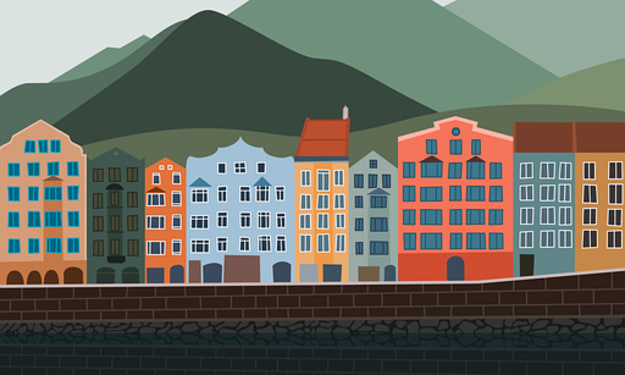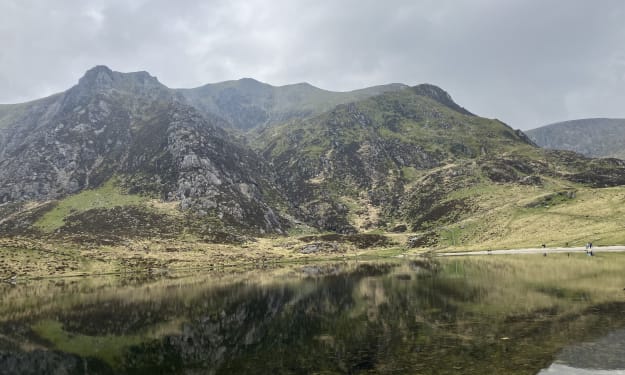Climate Change and Human Migration
Explore the emotional challenges faced by communities forced to migrate due to climate-related factors such as rising sea levels, extreme weather events, and desertification. Highlight the loss of homes, culture, and sense of belonging.

In the small coastal village of Nui, the rhythmic crashing of waves against the shore had been the soundtrack of life for generations. The community thrived on the bounties of the sea, relying on its abundance to sustain their livelihoods and cultural traditions. For centuries, they had built their homes and lives here, forging deep connections to the land, the ocean, and each other.
But as the world grappled with the harsh realities of climate change, Nui found itself standing on the precipice of an uncertain future. Rising sea levels had begun their relentless advance, encroaching upon the village's shores with each passing day. The once gentle tides transformed into violent waves that gnawed away at the land, claiming chunks of their beloved village with a cruel ferocity.
Amidst the crumbling cliffs and eroded beaches, fear and anguish gripped the hearts of the villagers. They witnessed their homes, the physical manifestations of their dreams and memories, being devoured by the unforgiving sea. As each house succumbed to the relentless assault, the echoes of laughter, conversations, and whispered secrets faded into the salty breeze, forever lost to the depths.
For Kaimana, a fisherman whose family had navigated these waters for generations, the pain ran deep. With each sunrise, he would sail out to sea, feeling the weight of his ancestors' wisdom and the whispers of their guidance. But now, with the encroaching ocean threatening to swallow his village whole, his once-stalwart vessel felt more like a fragile refuge.
The decision to leave their ancestral home was not made lightly. It was a heartbreaking choice, a surrender to the forces of nature that seemed insurmountable. Kaimana watched as families packed their meager belongings, clinging to precious mementos that bore witness to a life now slipping away like sand through their fingers.
The exodus from Nui was a procession of sorrow. Tears flowed freely as the villagers bid farewell to the place that had shaped their identities and forged their bonds. They carried their stories, their songs, and their dances within their hearts, but the weight of loss was heavy upon their shoulders.
As the displaced villagers settled in unfamiliar territories, they struggled to find their place amidst the new landscapes. The once tight-knit community dispersed, their homes now scattered across different towns and cities. The vibrant tapestry of their shared culture began to fray, as their traditions faced the risk of fading into oblivion.
Kaimana, now a stranger in a foreign land, longed for the familiar scent of the ocean, the warmth of the sun on his weathered face, and the laughter of his childhood friends. The once-thriving community had become fragmented, their connections strained by distance and the burdens of starting anew.
Yet, amidst the overwhelming loss, seeds of resilience began to take root. The displaced villagers clung to their cultural heritage, organizing gatherings to celebrate their traditions, teach their children the songs of their ancestors, and keep their stories alive. They discovered strength in unity, finding solace in shared experiences and the understanding that they were not alone in their struggle.
Through the pain and adversity, a spirit of activism emerged. The displaced communities became advocates for climate justice, demanding action from world leaders and raising awareness about the human toll of climate change. They channeled their grief into a powerful force for change, determined to prevent others from experiencing the heart-wrenching loss they had endured.
The story of Nui and its resilient inhabitants serves as a poignant reminder of the emotional challenges faced by communities forced to migrate due to climate change. The loss of homes, culture, and a sense of belonging weighs heavily on the hearts of those uprooted from their ancestral lands. But amidst the tears and despair, there is hope. Hope that their voices will be heard, that future generations will not bear the same burden, and that the world will unite to preserve the precious bonds between people, land, and sea.
About the Creator
Francis Anyane
I am a passionate writer and dedicated advocate, committed to promoting environmental sustainability and social justice. Fueled by a profound concern for the critical challenges we face today, My writing delves into humanity and nature






Comments (1)
This story is Amazing